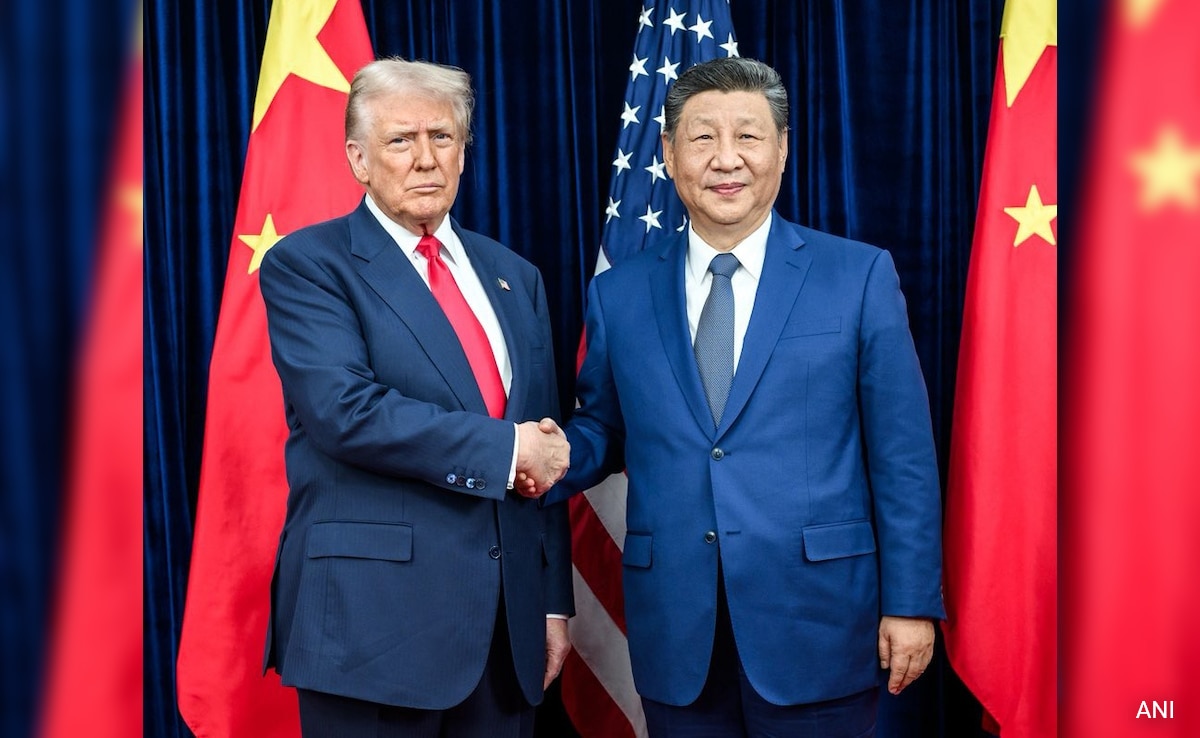Context:
U.S. President Donald Trump recently met Chinese President Xi Jinping in Busan in what was called the “G2 meeting.” The meeting was described as historic and aimed at building lasting peace and cooperation between the two countries.
About G2 concept:
The G2 concept, first proposed by economist C. Fred Bergsten in 2005, envisages close U.S.–China cooperation to address global challenges.
Rationale for a G2:
The strategic rationale for a G2 is grounded in structural realities:
· Economic Power: The U.S. and China are the world’s largest economies and trading nations.
· Global Growth and Governance: Together, they account for nearly half of global output, bridging developed and emerging economies.
· Environmental Leadership: Being the largest polluters, joint climate action is critical.
Proponents such as Zbigniew Brzezinski, Niall Ferguson, Robert Zoellick, and Justin Yifu Lin argue that a cooperative G2 could address financial crises, nuclear proliferation, regional conflicts, and global governance challenges.
Opportunities:
A functional G2 could:
· Stabilize global trade, finance, and technology supply chains.
· Reduce the risk of military escalation in hotspots like the Taiwan Strait and South China Sea.
· Accelerate climate action and sustainable development goals.
· Provide a platform for joint leadership in multilateral institutions.
Challenges:
Despite its potential, the G2 faces significant obstacles:
· Strategic Competition: Rivalry over technology, Taiwan, and rare earth resources limits trust.
· Multipolarity: Rising powers such as the EU, India, and ASEAN challenge exclusive G2 influence.
· Conceptual Ambiguity: The G2 is informal; while aspirational, critics like Hillary Clinton question its feasibility.
Implications for India and the World:
For countries like India, a G2 means strategic diversification—balancing engagement with both superpowers while maintaining autonomy. Globally, the meeting signals the importance of managing U.S.–China competition responsibly to prevent economic disruption and geopolitical instability.
Conclusion:
The Trump-Xi Busan meeting underscores the centrality of U.S.–China relations in shaping the global order. While the G2 remains aspirational, it reflects the need for cooperation amid competition. Its success depends on responsible rivalry management, institutionalized dialogue, and inclusive engagement with broader global stakeholders.







